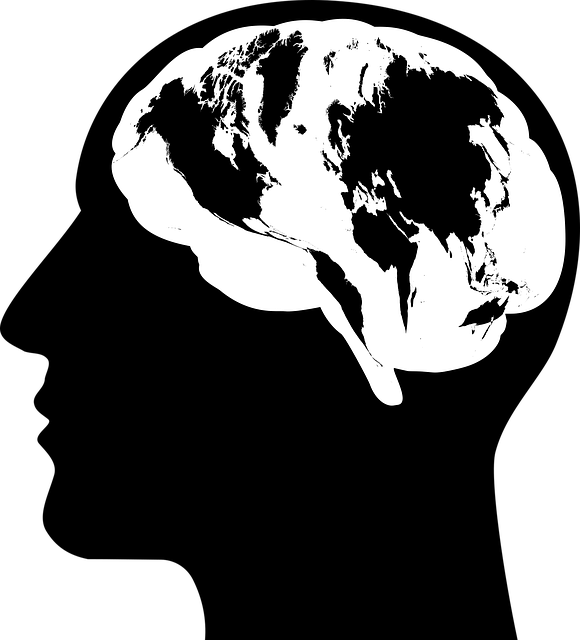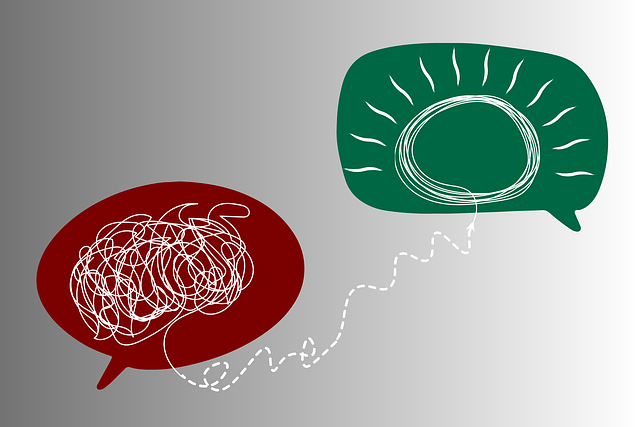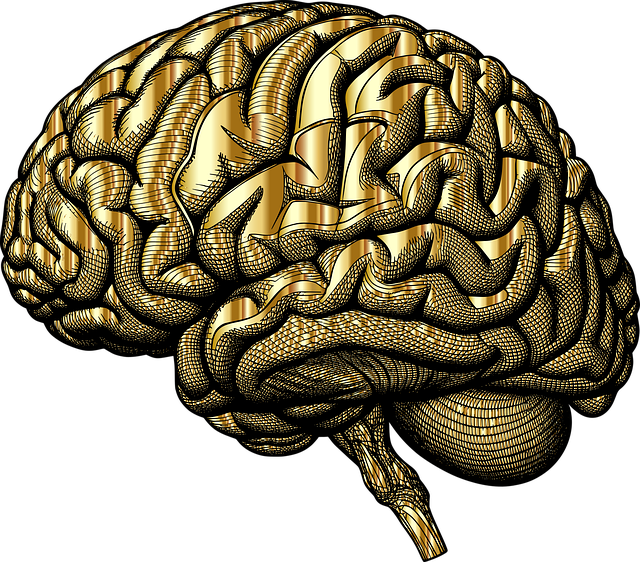In today's fast-paced world, Superior Therapy for Therapists-Clinicians is revolutionizing mental health care by addressing burnout and offering personalized support. This advanced coaching program combines evidence-based practices like Mental Wellness Journaling Exercises, Conflict Resolution Techniques, and Depression Prevention methods with holistic approaches such as mindfulness and community-building. By focusing on both therapist development and public awareness, these programs enhance coach-client relationships through active listening, trust-building, conflict resolution, and stigma reduction. The goal is to empower therapists to guide clients towards optimal mental wellness while fostering a more supportive society.
In today’s fast-paced world, mental wellness coaching is emerging as a crucial adjunct to traditional therapy. This article delves into the development of specialized coaching programs designed to complement and enhance existing therapeutic practices. We explore the growing need for these initiatives, offering a comprehensive curriculum that addresses modern challenges. Effective delivery strategies ensure accessibility, while evaluating and strengthening coach-client relationships drives superior outcomes. Discover how therapists and clinicians can leverage these programs as game-changers in mental health support.
- Understanding the Need for Specialized Coaching Programs
- Designing a Comprehensive Mental Wellness Coaching Curriculum
- Implementation Strategies for Effective Delivery
- Evaluating and Enhancing the Coach-Client Relationship
Understanding the Need for Specialized Coaching Programs

In today’s fast-paced world, mental wellness is more important than ever, and specialized coaching programs are crucial in addressing unique psychological needs. The traditional therapy model often falls short in providing tailored support for individuals seeking personalized growth and healing. This is where Superior Therapy for Therapists-Clinicians steps in, offering a game-changer in the field of mental health care.
The demand for advanced coaching techniques is evident, especially when considering the widespread issues of burnout among healthcare providers. By implementing Cultural Competency Training, these programs ensure therapists and clinicians can offer effective support while navigating diverse cultural backgrounds and emotional healing processes. With a focus on prevention, coaches empower individuals to thrive, fostering resilience and overall well-being.
Designing a Comprehensive Mental Wellness Coaching Curriculum

When designing a comprehensive mental wellness coaching curriculum, therapists and clinicians must go beyond traditional therapy techniques. A superior therapy approach involves integrating diverse strategies tailored to individual needs. This includes incorporating Mental Wellness Journaling Exercises to promote self-reflection and awareness, Conflict Resolution Techniques for healthier relationships, and Depression Prevention strategies to build resilience. By combining evidence-based practices with practical tools, coaches can create a transformative experience that empowers clients.
The curriculum should also prioritize holistic development by addressing physical and emotional aspects of well-being. This might include mindfulness exercises, stress management techniques, and activities that foster a sense of community and belonging. By equipping therapists with the right guidance, they can effectively facilitate these practices, enhancing their ability to support clients on their journey towards optimal mental wellness.
Implementation Strategies for Effective Delivery

Implementing effective mental wellness coaching programs requires a strategic approach to ensure optimal delivery and impact. One key strategy is integrating superior therapy techniques tailored for therapists and clinicians, enabling them to provide the best support to their clients. This involves staying updated with evidence-based practices and continuously enhancing skills through professional development opportunities. By mastering techniques like cognitive behavioral therapy (CBT) or mindfulness practices, coaches can facilitate positive thinking and emotional well-being promotion among participants.
Additionally, public awareness campaigns play a crucial role in educating communities about mental health and breaking down associated stigma. Well-designed campaigns can foster open conversations, encourage early intervention, and ultimately drive demand for accessible and high-quality coaching services. Incorporating these strategies ensures that mental wellness coaching programs are not only delivered effectively but also contribute to building a more supportive and informed society.
Evaluating and Enhancing the Coach-Client Relationship

Evaluating and enhancing the coach-client relationship is paramount in mental wellness coaching programs. It involves fostering an environment of trust, empathy, and open communication. Therapists-clinicians can employ superior therapy techniques, such as active listening, to understand clients’ unique needs and challenges. By acknowledging and validating their feelings, coaches build a strong bond that encourages vulnerability and promotes deeper insights into personal growth opportunities.
Conflict resolution techniques play a pivotal role in navigating these relationships. Coaches should be adept at managing disagreements or misunderstandings, ensuring they remain constructive and focused on the client’s best interests. This involves not only resolving immediate conflicts but also facilitating inner strength development by teaching clients effective coping mechanisms. Moreover, mental illness stigma reduction efforts can be integrated into coaching programs to create a supportive atmosphere where individuals feel comfortable discussing their struggles openly, ultimately enhancing the overall therapeutic experience.
Mental wellness coaching programs have emerged as a powerful tool in the pursuit of holistic well-being, particularly within the context of modern healthcare demands. By integrating specialized curricula and innovative delivery strategies, such as those involving superior therapy techniques for therapists-clinicians, these programs offer a unique and effective approach to mental health support. Through comprehensive training, strategic implementation, and a focus on enhancing the coach-client relationship, professionals can facilitate transformative journeys towards improved mental wellness. This structured framework ensures that clients receive tailored guidance, fostering resilience and empowering them to navigate life’s challenges with greater ease.














